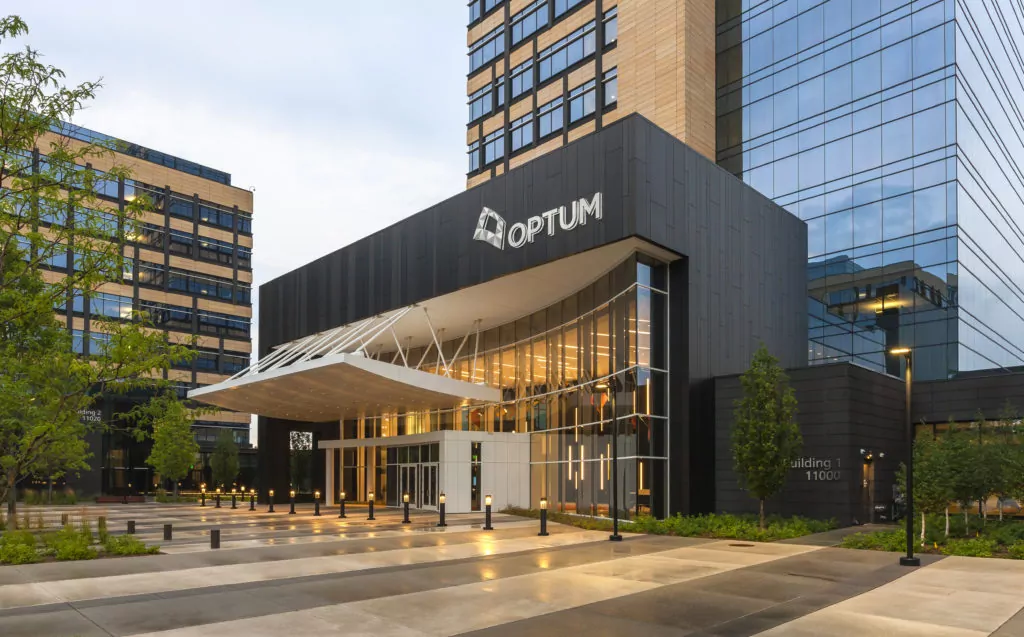Optum announced another blockbuster acquisition that demonstrates the ambition of its parent organization, UnitedHealth Group Inc. (NYSE: UNH), to have a presence in a wide range of health care segments as it strives toward value-based care.
And that ambition could have major effects on the behavioral health industry as Optum continues its dealmaking.
Just a few days ago, news broke that Optum acquired Refresh Mental Health. On Tuesday, the insurance giant announced an even larger transaction: an agreement to buy home health care provider LHC Group (Nasdaq: LHCG) for $170 per share.
That would put the price tag on the LHC Group tie-up at about $5.4 billion based on shares outstanding data from Yahoo Finance. LHC will be part of the Optum unit.
LHC Group employs about 30,000 people and provides about 12 million in-home visits in a year. It also operates 964 offices in 37 states and the District of Columbia, reaching 60 percent of the U.S. population aged 65 and older, according to the news release.
While LHC does not focus primarily on behavioral health, UnitedHealth Group described the deal as part of the company’s overarching value-based care strategy.
“LHC Group’s sophisticated care coordination capabilities and its warm, human touch is so important for home care, and will greatly enhance the reach of Optum’s value-based capabilities along the full continuum of care, including primary care, home and community care, virtual care, behavioral health and ambulatory surgery,” Dr. Wyatt Decker, CEO of Optum Health, said in a news release.
Indeed, the LHC Group deal and the recent Refresh Mental Health transaction highlight UnitedHealth Group’s intentions to drive more integrated care through the acquisition of large-scale providers.
Today, Refresh lists 300 locations in 37 states.
The takeover of Refresh Mental Health — a company apparently only second in scale to Lifestance Health Group Inc. (Nasdaq: LFST), which operated 534 centers in 32 states at the end of 2021 — appears to crystalize Optum’s interest in being able to reach the behavioral health care of a large portion of the United States. Already, Optum Behavioral Health claims to be the largest managed behavioral health organization in the U.S., with a network of over 244,000 behavioral health providers including over 7,800 autism and Applied Behavior Analysis practices, according to the entity’s public marketing materials.
Improvements to care coordination are vital to value-based care arrangements, where providers receive reimbursement based on care outcomes or some other assessment of perceived value rather than receiving payment via fee for services. The behavioral health industry is moving more toward value-based care arrangements but problems persist.
Optum markets itself as able to improve health outcomes and lower the total cost of care for other health insurance plans, federal and state government programs (including Medicaid), and well-being services for employers by better managing the behavioral health of enrollees.
The opportunity for better managing behavioral health care in the U.S. is sizable, according to Optum Behavioral Health’s assessment of the market. Public marketing materials point to the fact that about 20% of health care spending in the U.S. comes from behavioral health issues and that as many as 60% of people with a mental illness did not get care in the last year.
It also coordinates care through apparently massive amounts of data and extensive algorithms.
“Optum proprietary algorithms evaluate 18,000+ combinations of comorbidities to guide people to the appropriate level of care,” marketing material for Optum Behavioral Health states.
The LHC Group acquisition could put Optum in a position to more closely manage the flow of patients from acute to post-acute settings and leverage behavioral health capabilities to more effectively integrate physical and behavioral health — a goal articulated in Feb. 2022 by Katherine Hobbs Knutson, senior vice president of UnitedHealth Group (NYSE: UNH) and CEO of Optum Behavioral Care.
And LHC Group does flag behavioral health among its clinical focus areas.
“We offer a wide array of disease management programs that deliver clinical results in areas such as balance and fall prevention, behavioral health, and chronic disease management,” the company’s website states. “And in many of our partner locations, specially trained care transition coordinators seamlessly transition patients from the acute to the post-acute setting.”
Companies featured in this article:
LHC Group, Optum, Optum Behavioral Health, Refresh Mental Health



